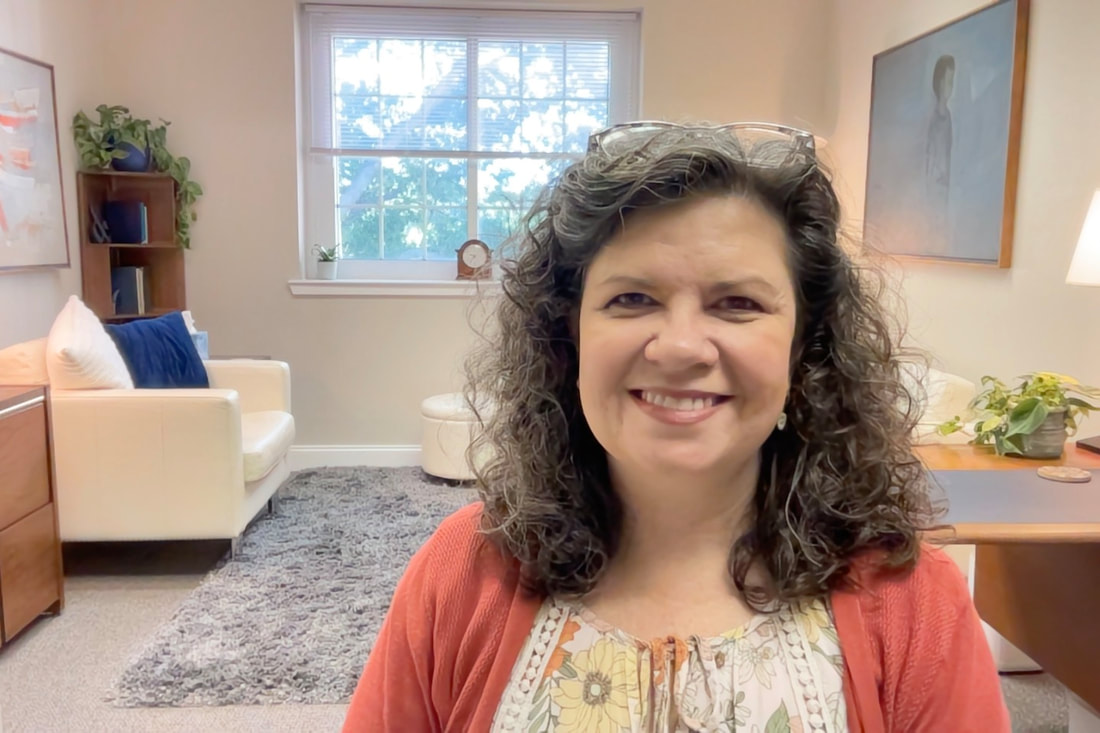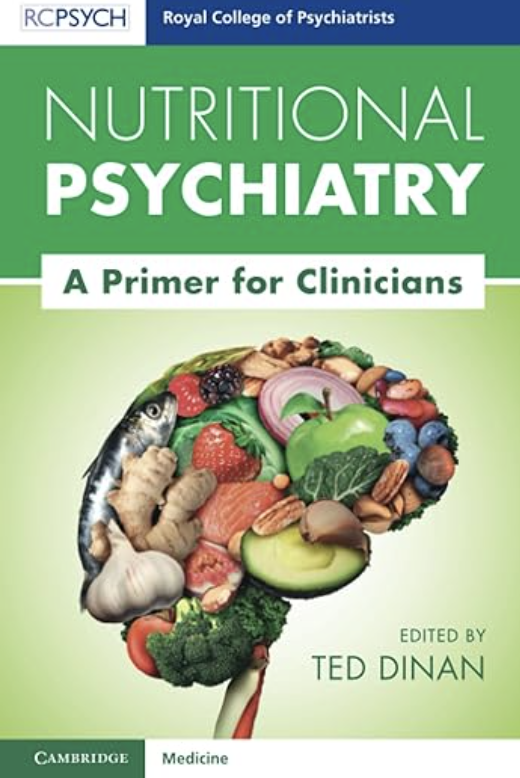 As winter settles in, there is an accompanying rise in the prevalence of Seasonal Affective Disorder (SAD), a form of depression that occurs typically during the late fall and winter months. When daylight hours shorten in the winter, disruptions to our internal clocks occur, impacting the production of mood-regulating neurotransmitters like serotonin. Substantial research and clinical experience point to bright light therapy as an effective non-invasive treatment for seasonal depression. Light therapy, also known as phototherapy, involves exposure to a bright light that mimics natural sunlight. The science behind this therapy is rooted in its ability to regulate circadian rhythms and influence neurotransmitter levels. Research has shown that just 20 to 30 minutes of daily exposure to bright light (10,000 lux) can lead to notable improvements in mood, energy levels, and sleep patterns. This makes light therapy a valuable option for those seeking relief from the winter blues. A large number of light boxes are available on the market, but it can be difficult to know which of those meet the specifications researched for effective treatment of seasonal depression. Light boxes aren't regulated by the Food and Drug Administration (FDA) for SAD treatment, so it's important to understand your options. The Yale School of Medicine provides helpful information and links to specific light boxes that have been demonstrated to be effective. Consistency is essential for maximizing the benefits of light therapy. Whether using it while enjoying a morning coffee, catching up on emails, or reading, integrating light therapy into these activities can make it a seamless part of your daily life.
Consult with a healthcare professional to determine if you are a good candidate for light therapy, obtain any individualized recommendations, and discuss any pre-existing eye conditions or medications that may be affected by light exposure. Note that light therapy is not recommended for patients with retinal diseases including macular degeneration, or diseases such as diabetes which may be associated with retinal disease. Light treatment must be monitored with particular caution in individuals with bipolar disorders. It is recommended that light therapy be done under the supervision of a clinician qualified to treat mood disorders. Additional research and information on light therapy can be found by following the links below: Mayo Clinic Harvard School of Public Health National Institutes of Health Yale School of Medicine Are you looking for some good distractions to help manage your 2020/COVID/quarantine/election/end-of-daylight-savings/holiday stress? These are a few of the things that have helped to keep my mind occupied and my heart hopeful. BooksDaniel J. Levitin's Successful Aging: A Neuroscientist Explores the Power and Potential of Our Lives. “Growing old may be the only event in life that is both desired and feared. Daniel Levitin alleviates the fear with sound advice that can tilt the balance so that we have more healthy years and fewer sick ones. The brilliance of this book is that Levitin not only tells us what to do and what not to do—he gracefully and eloquently shares the science behind how we can change our minds and brains, and how even small changes can reap large benefits. Share this book—especially with anyone you hope to grow old with.” -Diane Halpern, past-president of the American Psychological Association Lori Gottlieb's Maybe You Should Talk to Someone: A Therapist, Her Therapist, and Our Lives Revealed. "[In the end, Gottlieb and her patients] are more aware—of themselves as people, of the choices they’ve made, and of the choices they could go on to make . . . It’s exploration—genuinely wanting to learn answers to the question Why am I like this?, so that maybe, through better understanding of what you’re doing, you figure out how to be who you want to become." -Slate Mark O'Connell's Notes from the Apocolypse: A Personal Journey to the End of the World and Back. "A fitting travelogue for our stationary moment...O’Connell’s 'future-dread' haltingly yields to faith in humanity’s resilience, resourcefulness, and capacity for cooperation." - New Yorker Allie Brosch's Solutions and Other Problems. “Gut-busting . . . . Like a millennial James Thurber, Brosh has a knack for seeding a small, choice detail that snowballs into existential chaos . . . [Her] spidery and demented digital portraits, a visual expression of fun-house mirror anxiety, fits her material perfectly. . . This achingly accurate and consistently hilarious comic memoir finds Brosh moving forward and becoming a stronger, braver storyteller page by page.” - Publishers Weekly, Starred Review Dan Rather's What Unites Us: Reflections on Patriotism. “…a deeply felt reminder of what is the best of America. What Unites Us is at times almost unbearably poignant. Yet Rather’s words provide a sort of salve—and clear thinking about how to recover from these ugly times. What Unites Us is a passionate treatise on preserving the best of America and letting go of that which makes us weaker.” - BookPage Gail Honeyman's Eleanor Oliphant is Completely Fine. “Eleanor Oliphant is endearing, [a] whip-smart read. . . a fascinating story about loneliness, hope, tragedy and humanity. Honeyman’s delivery is wickedly good, and Eleanor won’t leave you anytime soon." - Associated Press MoviesRotten Tomatoes guide to 150 Great Feel-Good Movies You can Stream Right Now. (Note that the better reviewed films come latest in the list.) Empire's list of 30 Feel Good Movies to Distract You from the Horror of 2020. Some never-fail feel-good films include: Singin' in the Rain Spider-Man: Into the Spider-Verse The Greatest Showman Paddington (1 and 2, actually) and The Princess Bride. SeriesThe Great British Baking Show (Netflix) may help restore your faith in humanity. With its British charm and contestants who root for one another and take both their wins and losses on the chin, the annual baking competition is feel-good TV at its best. The Mandalorian (Disney+). Jon Favreau's Disney Original series is an exquisitely shot gun-slinger Western set in the cinematic universe of Star Wars. Also, Baby Yoda. Need I say more? Ted Lasso (Apple TV+). Ted Lasso (played by Jason Sudeikis) is an American football coach hired as the unlikely coach for an English premier league football (soccer) club, is definitely less family-friendly, but 100% wholesome with some of the best quote-able quotes to come out of 2020. A World of Calm (HBO Max). This series of 30-minute documentaries comes from the creators of one of the most popular mediation apps, Calm. One person described an episode to me as "a nature documentary about a sea turtle - except that unlike a nature documentary, the sea turtle in A World of Calm is never in peril!" This page contains links to websites not administered by Las Colinas Psychological Services (LCPS). LCPS is not responsible or liable for the accuracy or the content of linked pages. LCPS does not benefit from the sale or promotion of the organizations, books, or websites listed above.
As psychologist Guy Winch explains, "Much as accountants' busiest time of year is tax season in April, we therapists see our practices overflow in November and December. Why? ‘Tis the season of family gatherings."
Family gatherings have the potential to help us feel connected and loved, but even within the best of family dynamics, cooking, cleaning, and coordinating schedules can be stressful. And the fact of the matter is that not every family shares the best dynamics on display in Hallmark Holiday Specials. Family gatherings can bring old wounds to the surface, and leave many feeling less connected, less understood, and alone despite the holiday crowds. For those who live far from family and friends, singles, and those who are newly separated, divorced or grieving, the family-focused holidays can be a painful and lonely time. Add these factors to the days getting shorter, the weather colder, spending less time outdoors in the sun, and it is easy to understand how the holidays can leave us feeling stressed out and blue. The following resources can help you survive and thrive through this holiday season:
If you find yourself feeling overwhelmed with stress or sadness, know that you are not alone. Talking with a therapist about coping with the holidays specifically, or untangling long-standing relationship patterns, can be useful and help you move through the holidays and into the new year with less stress, more understanding of yourself and others, and more skills to navigate this time of year with more grace and less stress in the future. Here's to a new year. Out with the old, in with the new. A clean slate. A new beginning. And often a perfect time of year to include psychotherapy as we work to change ourselves and our lives for the better. I recently found myself in a discussion of new year's resolutions and the comedic and often fatalistic connotations they have come to imply. How long until you break your resolutions? How long until you fail? There is something lovely about a new year that lends itself to thinking of a clean slate, however the all-or-nothing thinking implied in our usual discussion of resolutions leads us to think that when we falter we might as well throw in the towel completely. Perhaps a better way of framing our best intentions involves a "theme" for the year, rather than a resolution. This could help you see the new habit, new relationship style, etc. as a work in progress that allows for up and down days, and improvement over the course of a year. Psychotherapy is a great place to discuss these themes and how you plan to strive towards improvement and self-understanding over the coming year. Even the process of ending of therapy, known as termination, provides an opportunity to experience a happy ending (for more on this, see Dr. Ryan Howe's discussion on Ghosting Your Therapist: 4 Reasons not to Disappear). This happy ending, relationship closure done right, can be a therapeutic experience in and of itself. With the holidays fast approaching, this can be a good time to pause and reflect on why this season of thanksgiving and joy can often be so stressful. Do you find yourself anxiously working to anticipate every detail or need in attempt to orchestrate the perfect holiday, the perfect family get together, the perfect scrapbook moment? Or are you pulled by the gnawing suspicion that no matter how hard you try, how badly you want this year to be different, that things will go wrong. Again. Just as they have so many times before? When you find yourself pulled between these two intense emotional states and expectations, it can be easy to blame yourself for what has or what will go wrong, to feel or anticipate feeling blamed by others, or to blame others for behaving in what feels like a predictable destructive pattern. Author researcher and storyteller Brené Brown offers wise words on the underlying meaning and fallout of this tendency to rush to blame. By blaming ourselves or others we attempt to regain a sense of control, but we also lose out on opportunities and relationships in the process. |
About the AuthorClinical psychologist Dr. Kristy Novinski contributes insights, book and film reviews, discussions of pop culture, and exploration of news and research in the field of psychology. What I'm Reading
Categories
All
|
Las Colinas Psychological Services, PLLC |
© 2023 Las Colinas Psychological Services, PLLC. All rights reserved.
|




 RSS Feed
RSS Feed

